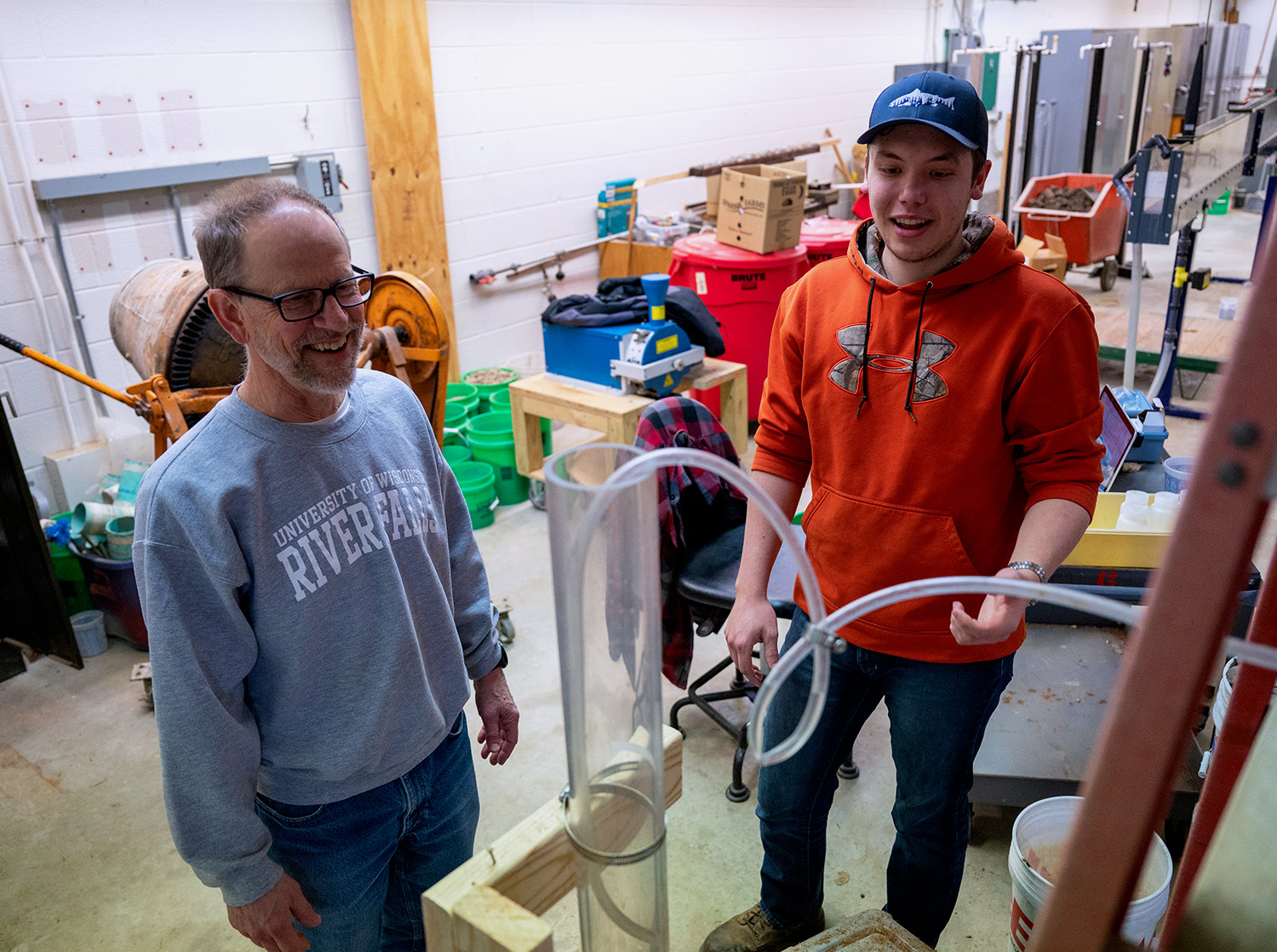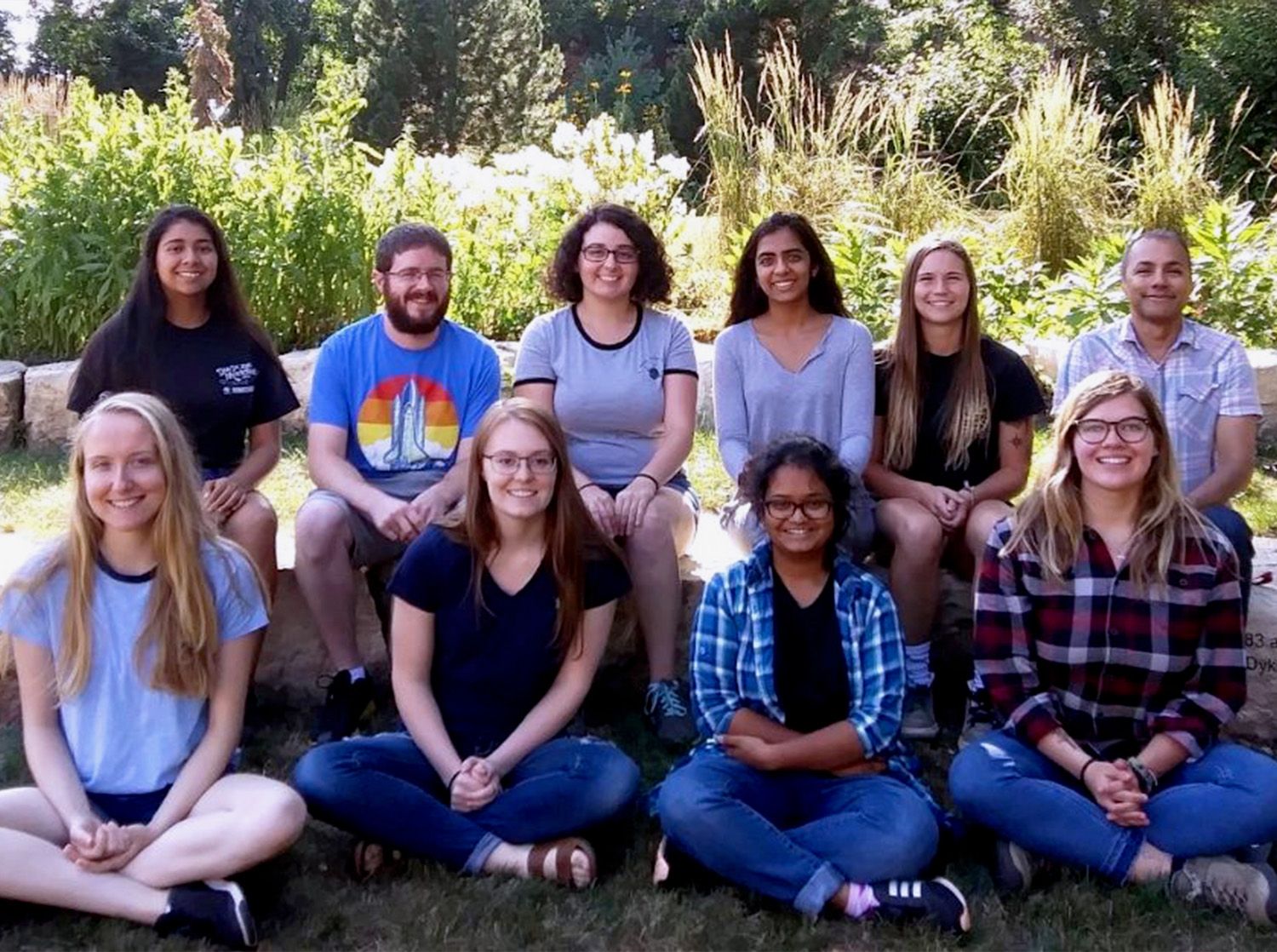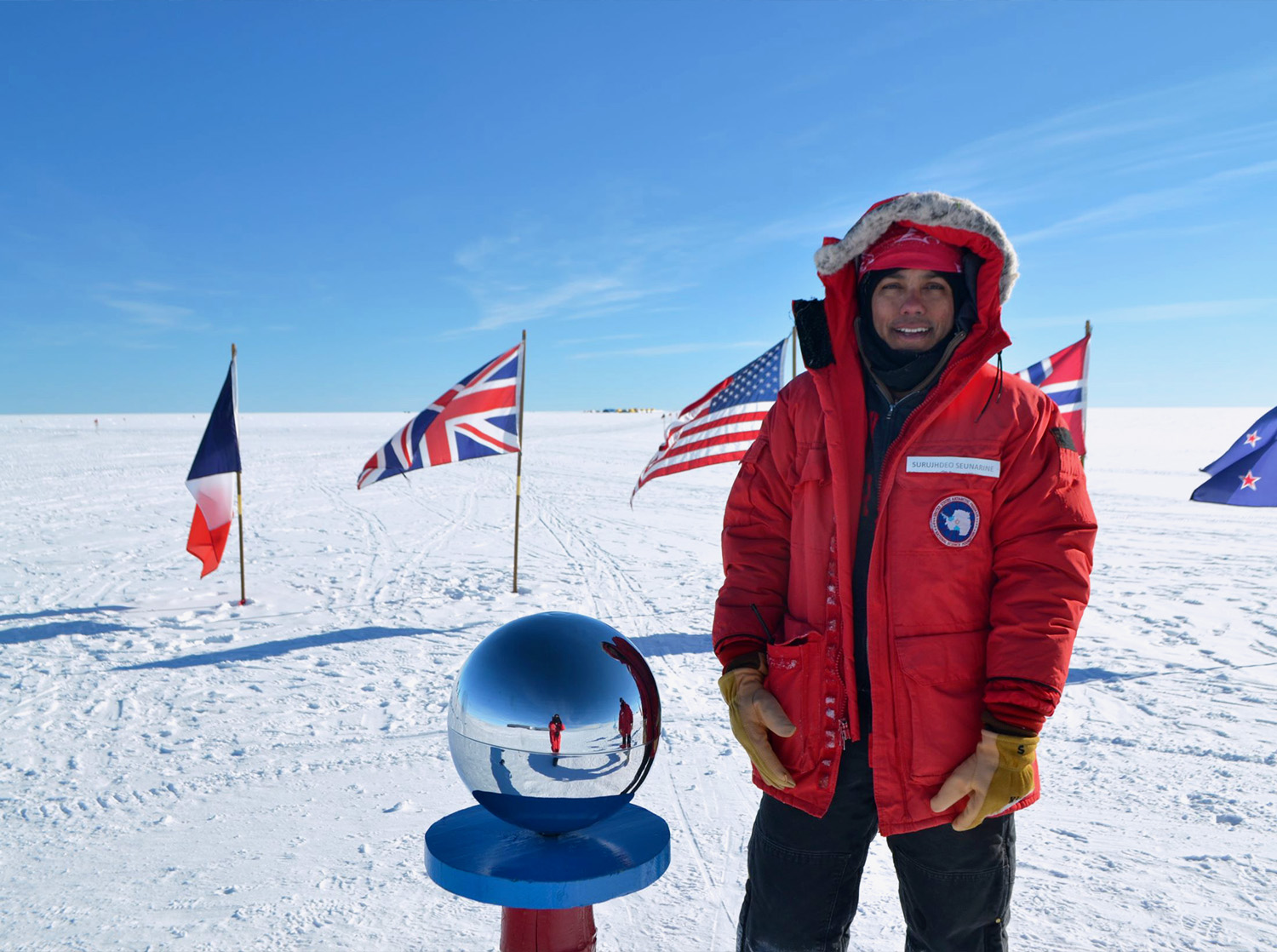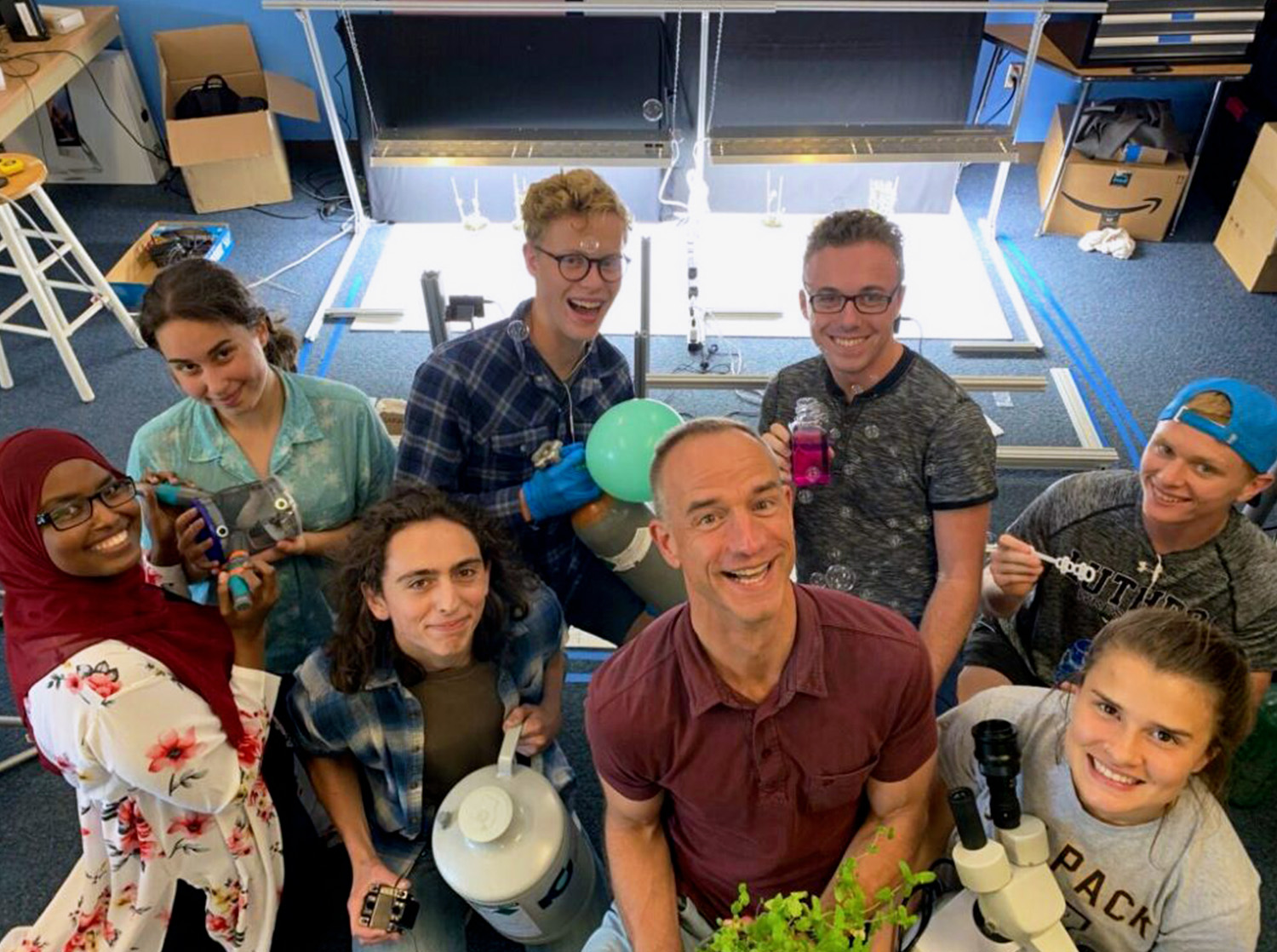Student Resources
As a physics student at UWRF, you have access to a wealth of resources to support your academic journey. From lab facilities and research opportunities to internships and career guidance, this page connects you to the tools you need to succeed. Whether you're tackling complex equations, collaborating on experiments or exploring future career paths, these resources are here to help you make the most of your education.

Internships and Research Experience for Undergrads (REU)
In addition to the resume and cover letter preparation, networking and career research skills we provide for students in their sophomore year, we offer numerous paid summer internships. Summer internships operate for 10 weeks, roughly beginning June to early August. Click the button to learn more about Summer Sessions.

Society of Physics Students (SPS)
The Society of Physics Students (SPS) is a professional association designed for students with an interest in physics, offering membership through collegiate chapters. Open to individuals from various academic backgrounds, SPS provides a platform for engaging in physics-related activities, networking and professional development.
SPS Student Officers for 2024-2025
- President: Peter Bendel
- Vice President: Jon Tabora
- Secretary: Haylie Rasmussen
- Treasurer: Kaitlyn McLaird
- Social Media Manager: Michael Langford
- Faculty SPS Adviser: Glenn Spiczak
Meeting Information
Spring 2025 meetings are scheduled for 10:30 a.m. every Tuesday in CSH Room 113.
SPS meetings are around 30 minutes long, often showing a demonstration, discussing upcoming outreach events, opportunities, and occasional (monthly) visiting alumni talking about their work or research, in-person or virtual. ANYONE interested in astronomy, physics or engineering is welcome!
National Recognition
UWRF SPS was selected as an Outstanding Chapter for 2023-2024, given to approximately 10% of chapters nationally, 20th consecutive year!
Research
Our students and faculty are exploring some of the most energetic events in the universe. The Physics Department is involved with two astrophysics projects at the South Pole, the IceCube Neutrino Observatory and the South Pole Neutron Monitors. IceCube is a cubic-kilometer size telescope searching for sources of the highest energy neutrinos in the universe, while Neutron Monitors observe lower energy cosmic rays produced in our Milky Way galaxy and nearby sun, monitoring space weather and soil moisture on Earth.
Faculty Research
Physics Department faculty specialize in a wide variety of research topics. Specializations include:
- Laser Physics (Lowell McCann)
- Liquid Crystals (Eileen Korenic)
- Educational Technology; standardized student assessment (Matt Vonk)
- Astrophysics (Glenn Spiczak, Suruj Seunarine)
- Faculty Development, (SOTL); academic risk-taking (Arriety Lowell)
- Biophysics and Physics Education Research (Jolene Johnson)
Research Highlights
Research at the South Pole: Physics Professor Suruj Seunarine traveled to the South Pole with an undergraduate to conduct research. Students can join the astrophysics research group and conduct research as early as their first year at UWRF.

Online Science Labs for Education: Previous summer student interns helped create online science labs for education. From left: Amal Mohamed and Andraya Rosario (measuring mouse respiration with a C02 meter); Vic Fischer (making a more ideal inductor by cooling it in liquid nitrogen); Carl Bohacek (finding the mass of gases); Matt Vonk (respiration of plants); Aiden Jacobs (chemical buffers); Lisa Fisher (fruit fly genetics); and Payton Weber-Rolfes (determining gas densities by seeing which soap bubbles float).


